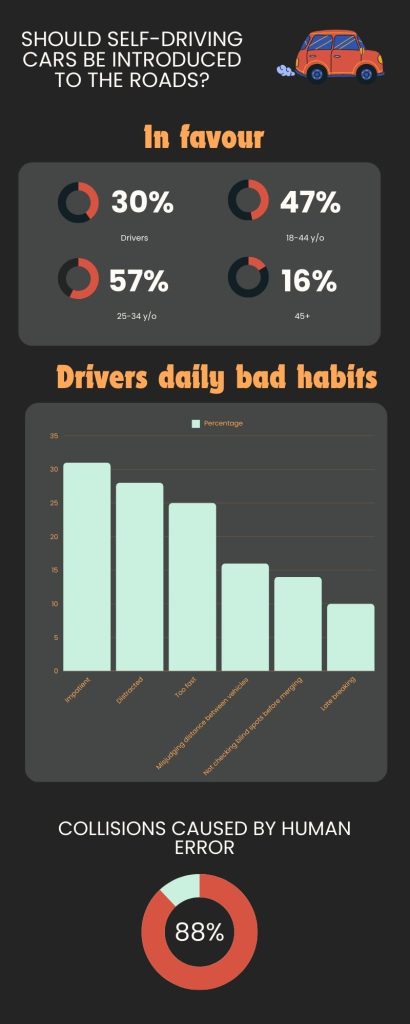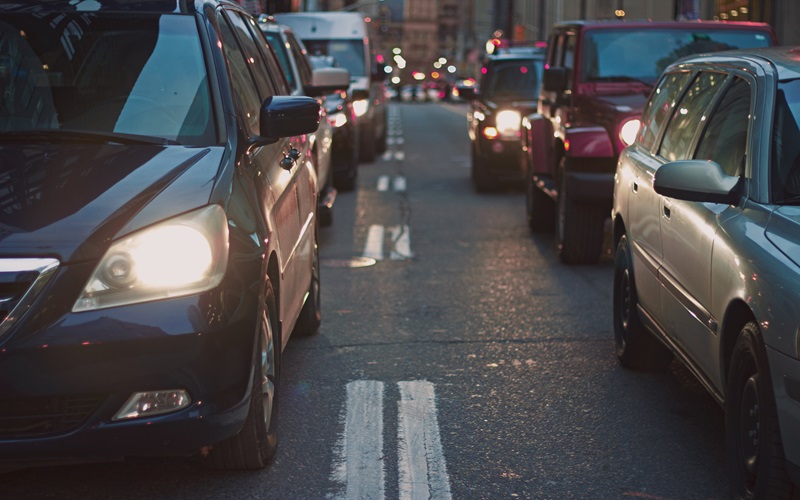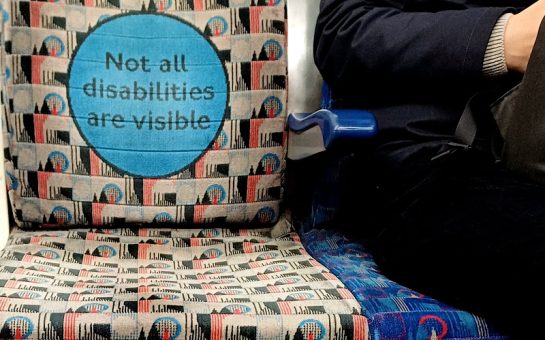Self-driving vehicles are expected to hit UK roads in two years’ time, but few drivers are convinced by the idea.
Nearly half, 48%, of drivers opposed the concept when asked by a Venson Automotive Solutions survey.
A further 22% said they remained unsure, and the remaining 30% said they favoured self-driving cars.
Tesla driver William Taylor, 25, said: “I think there is a general sense of unease about it and that may be the fear of the unknown.
“Younger demographics are more likely to be pro because they’ve grown up with technology and are so-called digital natives and men typically are less risk-averse than women.”
Taylor expressed his concern over the lack of control he would have when seated in a self-driving car.
Although Teslas are programmed with advanced technology like high-tech cameras and sensors and the 10.0 version able to park itself, the driver still controls the Car.
Taylor said: “I don’t feel there are any gains for me personally using a self-driving car, with the Tesla you’re still in control and essentially driving tech with a car.
“I think in theory for those unable to drive like the elderly or visually impaired, then provisions to make their travel more accessible is obviously a good thing, but I don’t think it’s necessarily the right approach.
“It’s going to eliminate human error and it’s going to be done with mathematical certainty through robotics and computer knowledge.
“It could change the world completely if everything becomes automated, but perhaps not in the way we might hope.
“I’m not against the idea of trains being self-automated if it gets me from A to B more efficiently, but then what happens to all of the drivers?
“You could apply that to the HGV drivers and Lorry drivers and then suddenly everything becomes automated, that’s a more practical fear than the fear of the unknown.
“What does fill me with unease about the unknown is its programming to prevent damage and loss of life in the event of an accident.
“If it was designed to prevent the greatest loss of human life, then it could make the decision itself to kill you in the car, rather than five people in another one.”
The main aim of the Automated Vehicles Act introducing self-driving cars is to improve road safety.
In total 88% of collisions are caused by human error according to government data and could be drastically reduced if vehicles are driven by AI.
Client Management Director for Venson Automotive Solutions, Simon Staton said: “If AI was in control of the vehicle, none of the potentially dangerous driving habits our respondents confessed to would pose a risk, so we should see safety improve in line with the rising number of autonomous vehicles from 2026.”
When asked to complete the survey 31% of respondents admitted to being impatient on the road, 28% claimed they were often distracted, 25% said they drove too fast.
Others driver errors included misjudging the distance between vehicles with 16% admitting to it, a further 14% confessed to not checking their blind spots before merging or changing lanes and 10% admitted late breaking.
Although there are many vehicles already on the UK roads with semi-autonomous features, switching to a self-driving car is a leap too far for many UK drivers like Taylor.

This is because of the uncertainties and unpredictability of the decisions it could make moments before a potentially fatal accident.
Even if self-driving cars prove to reduce collisions on a scale never seen before, the hardest challenge the government and the automotive industries will face is to convince drivers to convert from their self-controlled cars into a vehicle with the ability to make its own decisions.





